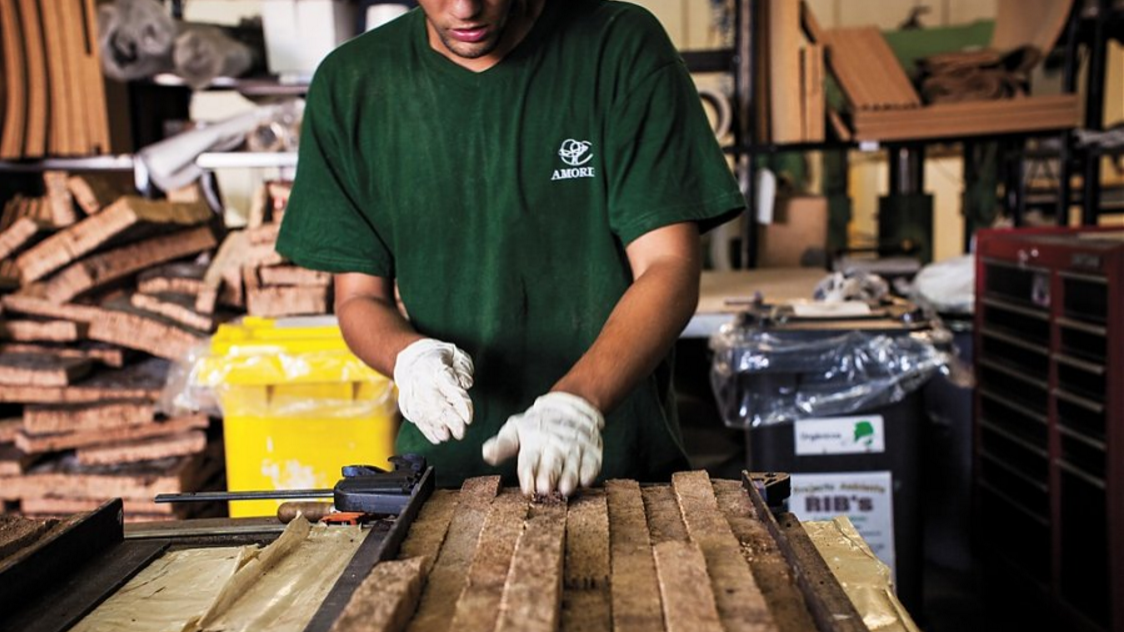Cork Academy programme in China to include 15 events in nine cities
The first edition of the Cork Academy in China, in 2018, attracted almost 2,000 participants to 93 events in 33 cities, and resulted in the training of more than 30 cork "ambassadors".
The Cork Academy programme in China, launched by the Portuguese Cork Association (Apcor), is to stage 15 promotional events in nine cities in China from 8 to 16 January, the group has announced.
According to a post on the Chinese social network WeChat, the events will take place in Beijing and in seven provinces, including Guangdong, the province in southern China that neighbours Macau, a former Portuguese colony.
The first edition of the Cork Academy in China, in 2018, attracted almost 2,000 participants to 93 events in 33 cities, and resulted in the training of more than 30 cork “ambassadors”.
After a three-year break, Apcor relaunched the programme in September 2020, with a seminar in Beijing with a videoconference connection to four other cities: Chengdu, Wuhan, Xiamen and Hangzhou.
In 2020, China ranked 10th as a market for Portugal’s exports of cork, taking 2.1% of the total, or e22 million, Apcor data show. Sales of cork stoppers, worth a total €14.1 million, accounting for around two-thirds of the Chinese total.
China’s market for wine is the world’s fifth-largest, though only about 3% of its 1.4 billion inhabitants regularly drink wine.
The list of Cork Academy events released on Tuesday included an event on 15 January in the port city of Ningbo, in Zhejiang province, which has now been cancelled by the authorities. They on Tuesday placed parts of Ningbo under lockdown after they in recent days detected 23 cases of the Delta variant of the coronavirus that causes Covid-19, at a textile factory, according to state media.
The authorities have ruled that residents of specific areas of the city, such as the Beilun district, may not leave their homes, while in other areas people’s movement will be limited.
It is the second Chinese city to impose a lockdown this winter, after Xian, which has recorded 1,663 infections since early December.


